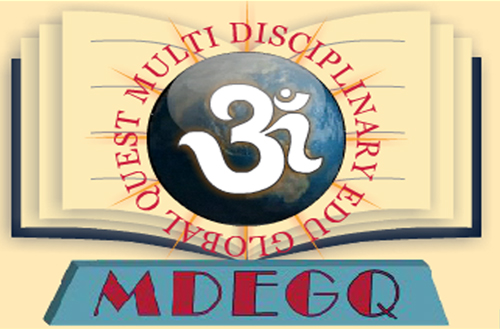Human Rights are fundamental rights. They are known as nonderogable and inalienable rights. As such they are to be respected and ensured by the states as they have the obligation with respect to protect human rights. The states cannot compromise with the human rights of the people under any circumstances. On the other hand, states have also fallen prey to various developmental mechanisms for the purpose of economic growth and prosperity.

Your International Online Journal